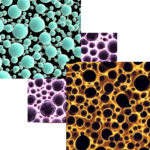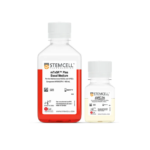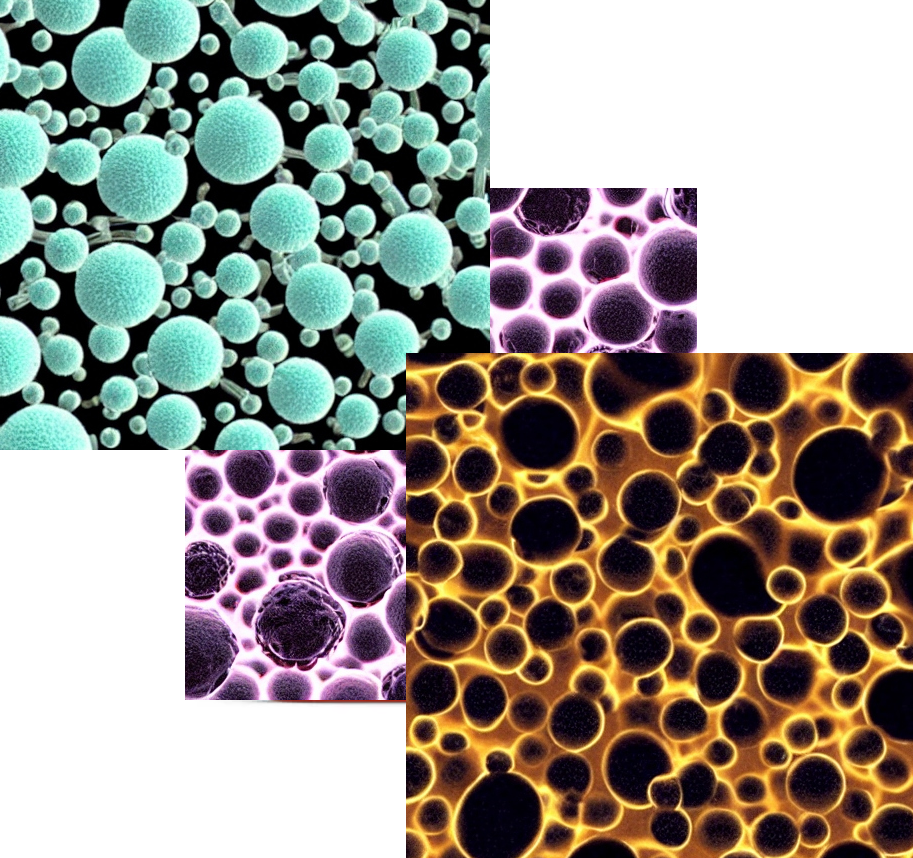Induced pluripotent stem cells (iPSCs) are a type of stem cell that is generated by reprogramming adult cells. The discovery of iPSCs represents a significant breakthrough in stem cell research, as it allows scientists to create pluripotent stem cells without using embryos, addressing some ethical concerns associated with embryonic stem cells.
iPSCs are created through a process called cellular reprogramming. This involves the introduction of specific genes (often Oct4, Sox2, Klf4, and c-Myc, known as Yamanaka factors) into adult cells, typically obtained from skin or blood samples. These genes induce a reprogramming of the cell, resetting it to a more embryonic-like state.
Similar to embryonic stem cells (ESCs), iPSCs are pluripotent, meaning they have the ability to differentiate into cells of all three germ layers: endoderm, mesoderm, and ectoderm. This gives iPSCs the potential to become virtually any cell type in the human body. iPSCs have significant implications for regenerative medicine, disease modeling, and drug development. They offer the possibility of creating patient-specific stem cells for transplantation therapies, studying diseases in a dish through the creation of disease-specific cell lines, and testing the efficacy and safety of new drugs.
One of the major advantages of iPSCs is that they can be derived from the patient’s own cells, reducing the risk of immune rejection when these cells are used for transplantation. This personalised approach is especially valuable in the context of developing therapies tailored to an individual’s genetic makeup.
Despite their potential, iPSCs present challenges, including the risk of tumour genesis (formation of tumours) due to the reprogramming process. Researchers continually work on refining the reprogramming techniques and understanding the characteristics of iPSCs to address these challenges.
iPSC technology has opened up new possibilities in the field of regenerative medicine and has become a powerful tool for studying diseases and developing novel treatments. However, it’s important to note that while iPSCs have shown great promise, their clinical applications are still in the early stages, and rigorous research and safety assessments are ongoing before widespread clinical use can be realised.







